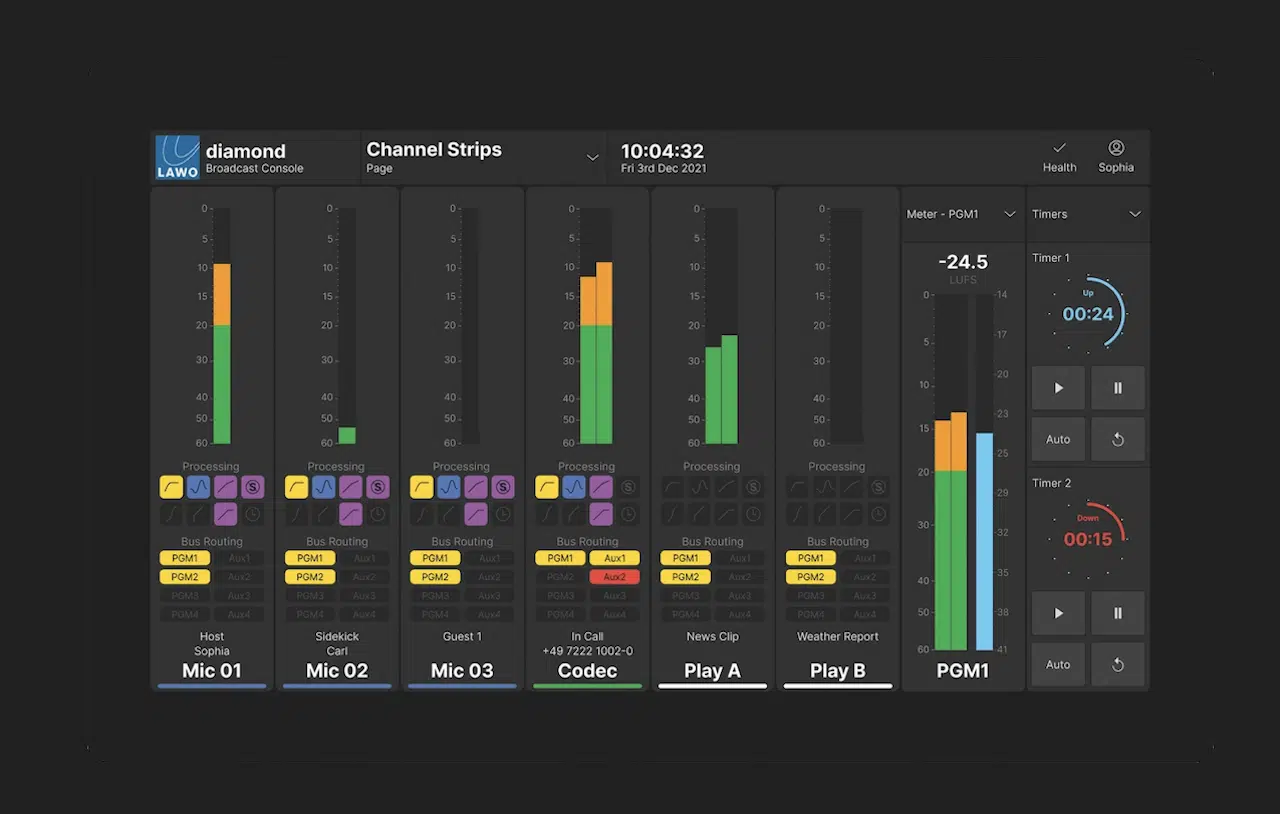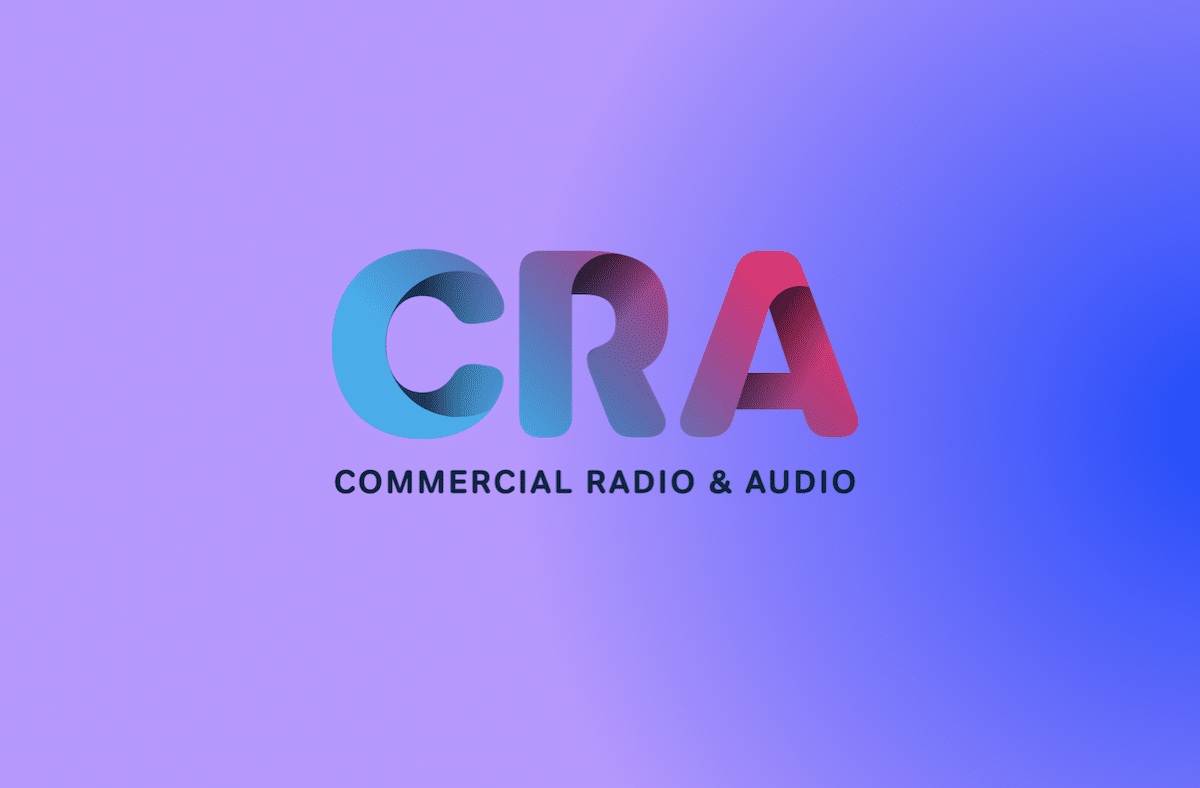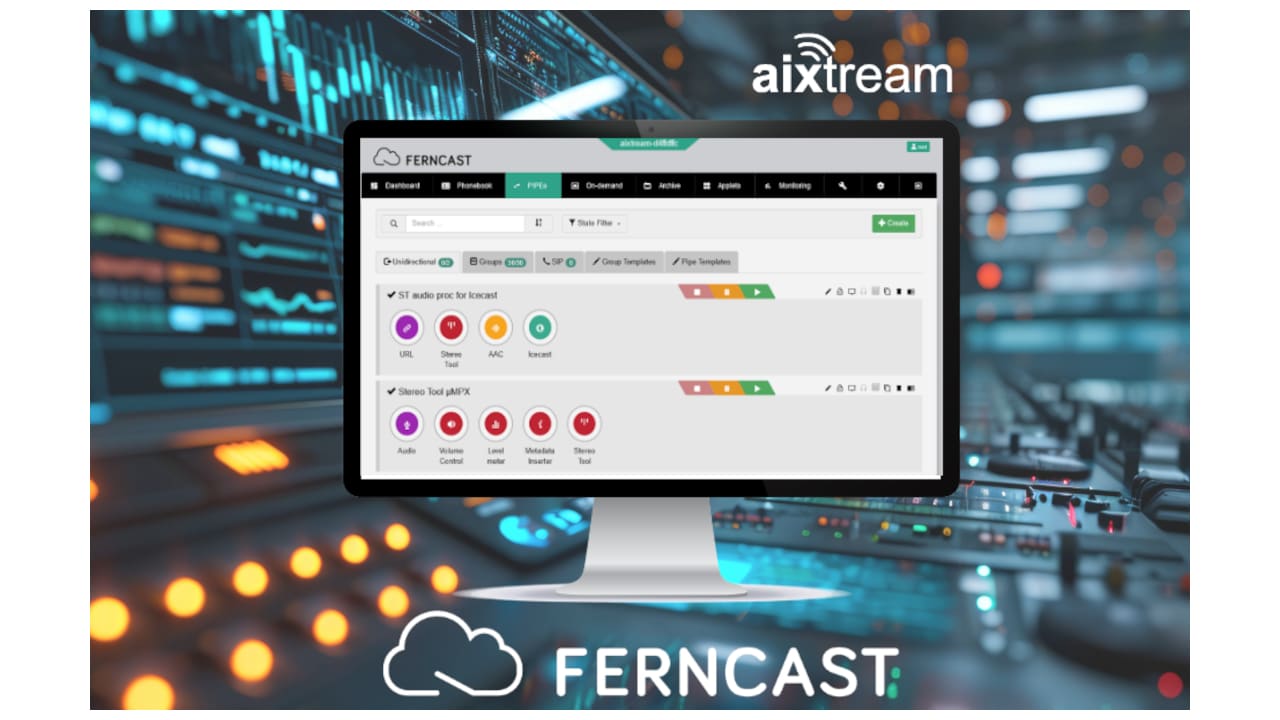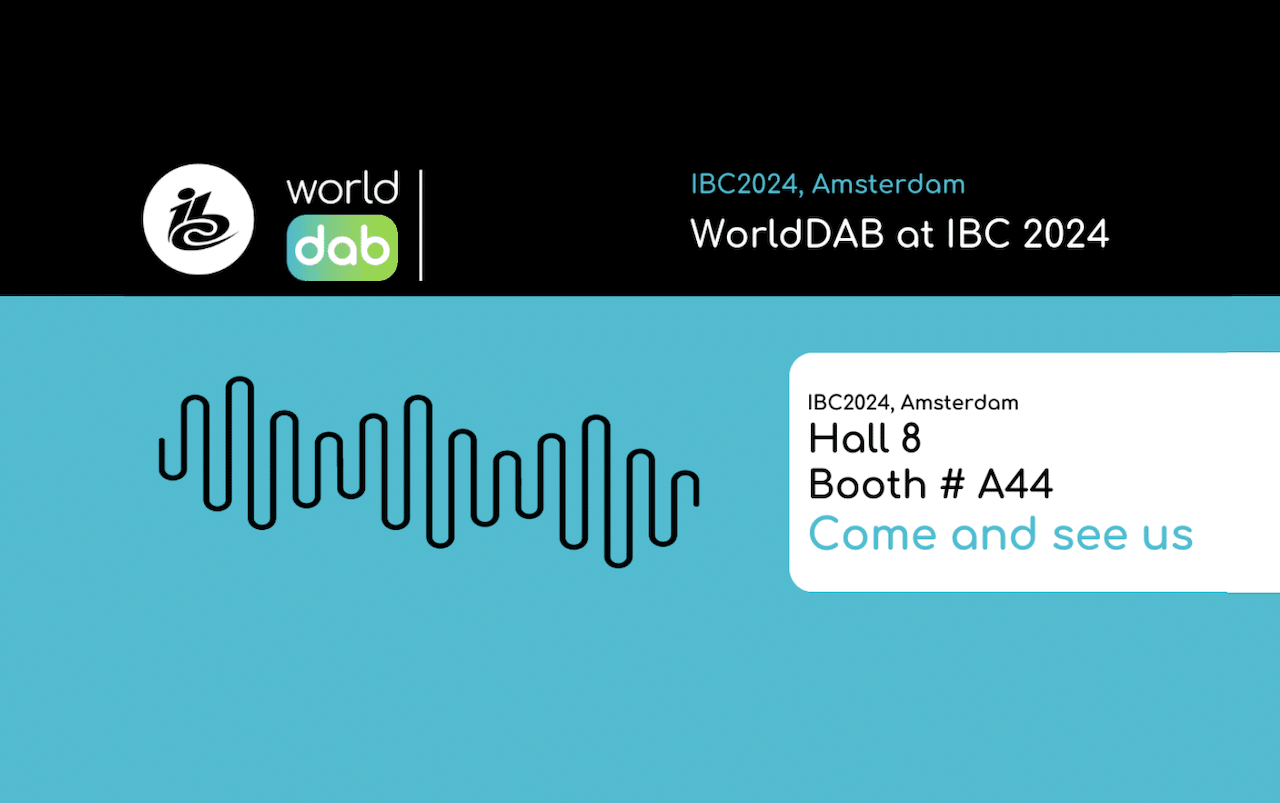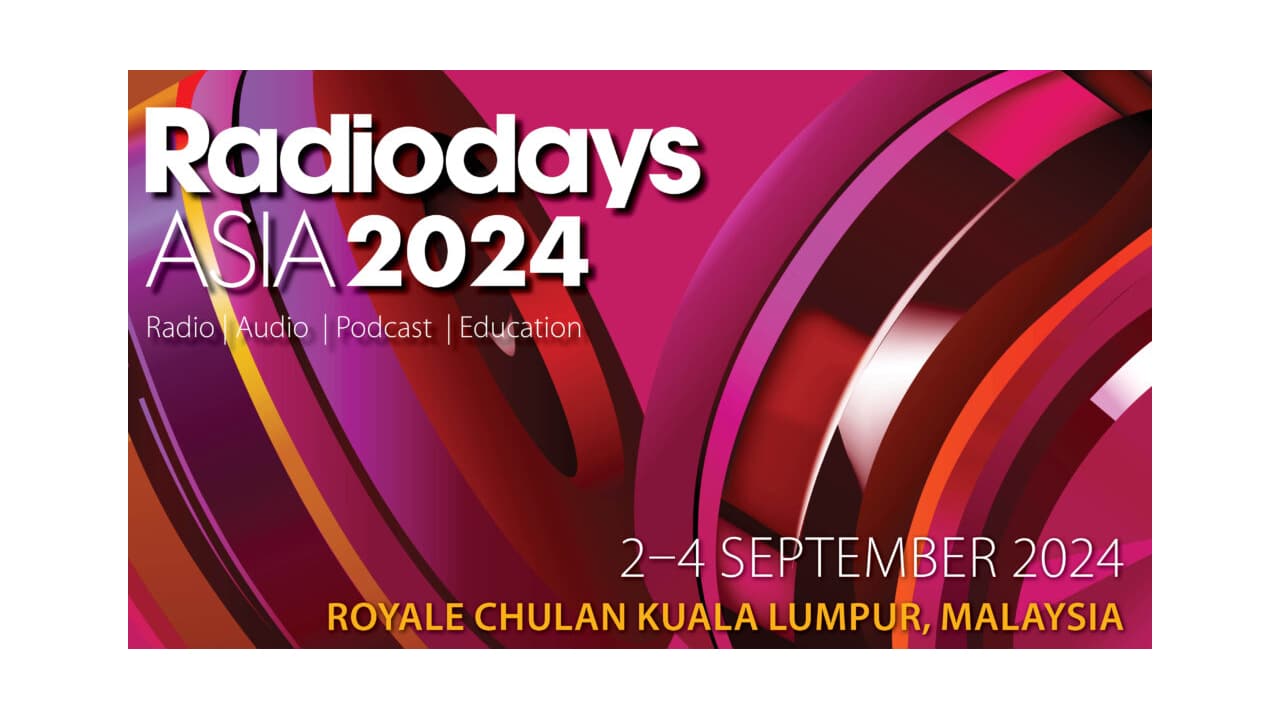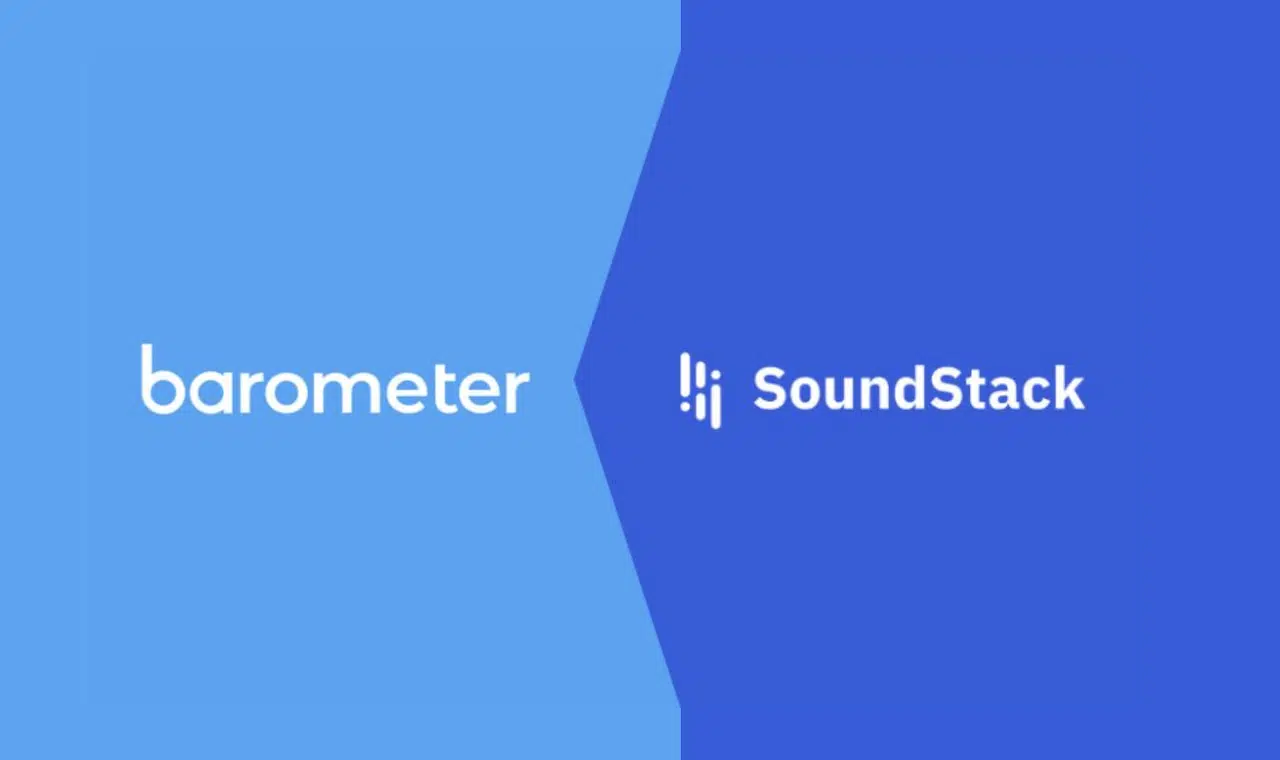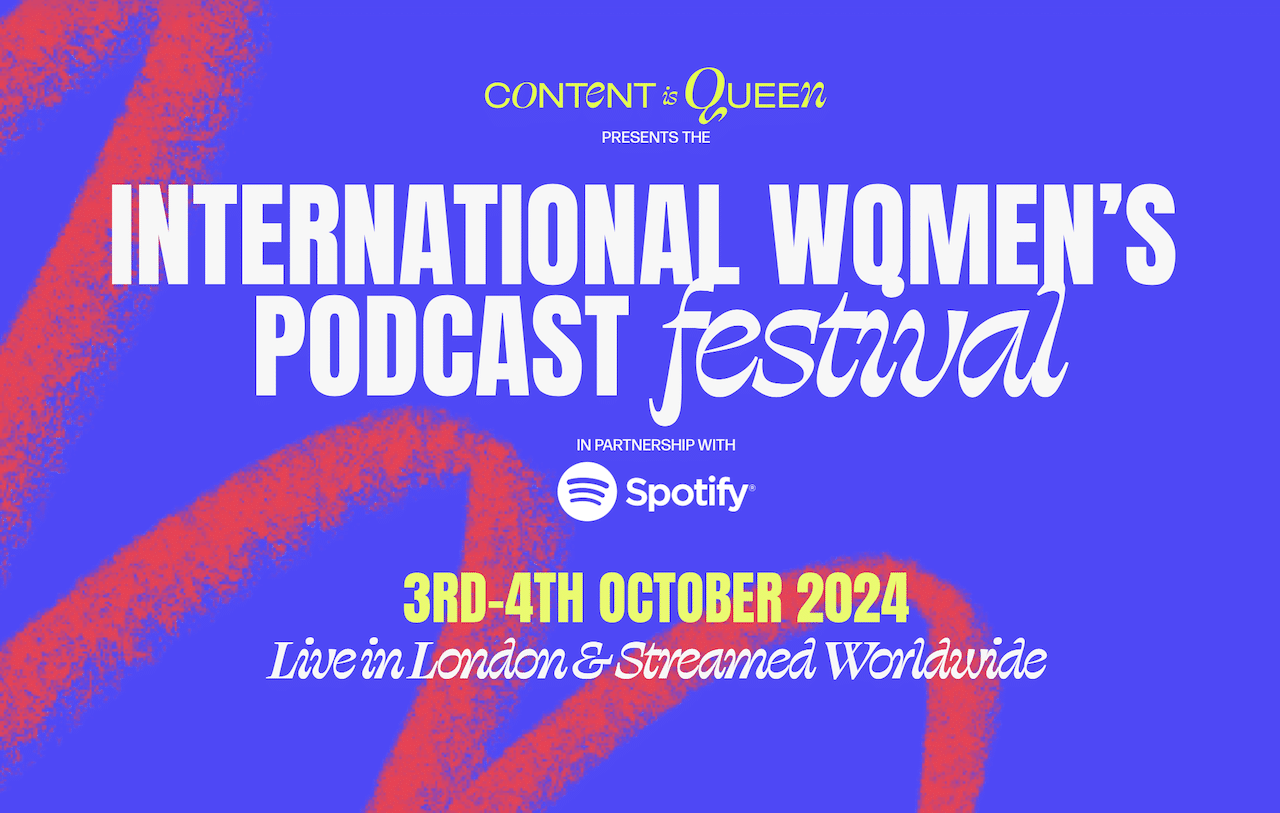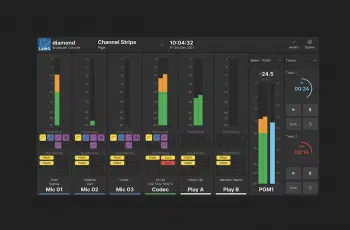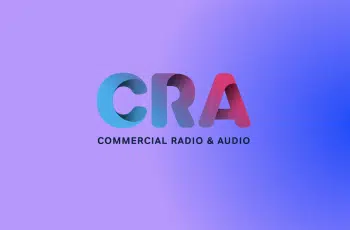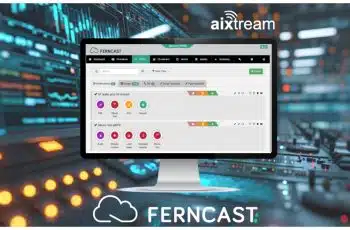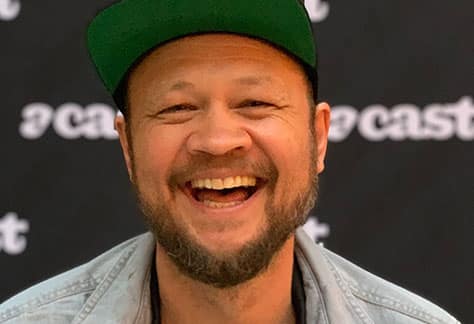
Swedish-based Acast launched in 2014 to provide hosting, monetization and growth support for podcasts. Today, the company has offices in Stockholm, Paris, London, New York, Los Angeles and Sydney, and continues to champion the open podcasting ecosystem, along with the fact that content creators are key to podcasting. We spoke to Acast CEO Ross Adams to find out how exactly the company is blending this philosophy into its daily operations, the impact this last year has had on the sector, and his take on podcasting’s future.

RedTech: Acast is a relatively new company. What is your background and can you tell us what triggered the firm’s launch?
Ross Adams: My background includes more than 20 years’ experience in audio. I started in commercial radio in London in 1999, where for a decade I sold radio airtime. I was then lucky enough to meet Daniel Ek of Spotify, who hired myself and two of my team in radio to launch the company’s arm in the United Kingdom.
I was one of the first 30 employees in the founding launch team, and it was at Spotify that we set the scene for digital audio — which was an unknown medium up until then. We pioneered and set the bar for what is now a very valuable space. I was at Spotify for just over six years and helped them expand and set up their operations in multiple countries, gaining valuable experience. Spotify is a Swedish company, and it was there that I got to know many Swedes — one of whom was part of the early Acast crew, and he asked me to do for Acast exactly what I’d done for Spotify.
RedTech: What advice would you give to someone who wants to pursue a career similar to yours?
Adams: When you join early-stage companies, you get exposed to so much more than you would in a larger corporation. However, it was at the larger corporation where I gained a lot of skills and knowledge from people who were, at the time, the best in the market. Then I was ready to try something new, and wanted to join an early-stage company so I could have a say in its strategic future and help shape, rather than being just one of hundreds of employees. I don’t think I would ever go back to a huge company, as I love the start-up scene — but it’s not for the faint-hearted, and can be incredibly hard work compared to a regular nine-to-five. The upside is enormous if you get it right, but you need to go into start-ups with an “eyes wide open” attitude, as many start-ups do fail. You must believe in the idea and concept of the start-up, be passionate about it and be inspired by its founders — just like I was by Daniel Ek in 2008, and Acast’s Johan Billgren in 2014.
RedTech: The previous season was marked by numerous company acquisitions by large groups. Which ones caught your attention?
Earlier this year, we saw SiriusXM purchase the Stitcher Group for US$325 million, industry news that affected thousands of podcasters. With this deal, and with the majority of other deals and acquisitions, it’s highly encouraging to see big-ticket investment in podcasting. It clearly shows positive market sentiment toward podcasting as a future large medium, and just how resilient podcasting is even during uncertain times.
Investment in the space not only allows us to focus and double-down on our strategy, it also calls for further consolidation with our partners, which include Google, Amazon and Apple.
“The beauty of podcasting is that it’s available to all.”
RedTech: What are you looking for in a podcaster?
Adams: Anyone! From a bedroom podcaster learning the ropes or a hobbyist passionate about a specific topic, to celebrities, known influencers and leading voices. The beauty of podcasting is that it’s available to all.
Acast works with a wide variety of extremely talented creators, and we’re always on the lookout for more. Acast Open is our product for anyone looking to create their own podcast for the first time, or anyone who wants to take the next step in their podcasting journey. They can choose from Acast Open’s three service tiers, one of which — “Starter” — is free. I encourage anyone thinking about starting a podcast to sign up and give it a go.
RedTech: What is the common myth on the podcast that you want to demystify?
Adams: That the technology is complicated, and that it’s too challenging to create a podcast. Acast makes it simple to host, monetize and distribute podcasts — and Acast Open provides a home for all podcasts, no matter how big or small. Podcasters get access to market-leading metrics, the smoothest hosting experience, and exclusive functionality, such as automated episode transcription and the Snipper audiogram tool to assist growth and promotion. We even have a customer support team ready to answer any questions.
RedTech: What impact has the pandemic had on your company’s operations and the podcasting industry in general?
Adams: Broadly speaking, 2020 has been a record-breaking year. We recorded the biggest ever quarter for listens across the Acast network in Q3, and on average our network of shows now receives more than 300 million listens globally each month. Commercially, we’ve seen a 66% increase in revenue growth in comparison to Q3 of 2019.
We’re fortunate that podcasting is a predominantly digital medium, so Acast products and services have remained unaltered and will continue to do so. As the overarching trend away from analog to digital audio consumption continues, podcasting is in a stronger position than many other media channels.
RedTech: What does post-COVID look like for the podcasting industry?
Adams: It’s hard to imagine when we’ll be able to truly talk about “post-COVID,” but looking now at our forecasts for 2021, we’re in a solid place. More advertisers than ever before are investing in podcasting, and an increasing number of people are listening to podcasts. Our resilience and determination as an industry has been proven this year, and we don’t expect it to be any different post-COVID.
We will, of course, take great wisdom from our adaptability shown in this period, and reflect thoughtfully on how our Acast team succeeded with working from home globally from March 2020, our podcasters’ needs, how they adapted to different recording locations, and how they produced more content in 2020 than ever before. We saw a 141% increase in the number of podcasts on our network from 2019.
This year has also reiterated the importance of two of the principles that have guided us in everything we’ve ever done. First, we firmly believe in the open podcasting ecosystem. Second, we know the creator is the most significant player in all of this, and must always come first.
RedTech: The podcast’s audience has largely increased by the successive confinements. Will it be difficult to maintain similar audiences in this new season?
Adams: We see a gain in momentum every year, and this year, we’ve reached a pinnacle of more than 300 million listens per month. We know audiences are hungrier for content than ever before, and 2020 has proven that podcasts play a big role in everyday life for many people — even when life as we know it has been turned upside down.
Podcasts provide a friend in your ear during times of uncertainty, and that sense of community has been more important than ever this year. Podcasts have offered the escapism and entertainment that people have craved at some of their most difficult times.
I’m sure we’re not alone in thinking “life” and “normality” have changed forever, and so we don’t anticipate the growth of podcasting to change or slow down in 2021 or in the years to come.
“We know audiences are hungrier for content than ever before, and 2020 has proven that podcasts play a big role in everyday life for many people — even when life as we know it has been turned upside down.”
RedTech: Do you consider podcasts to be a serious competitor for radio?
Adams: Yes, certainly. There are three key groups — listeners, advertisers and radio talent — moving from radio to podcasting, because they see it offers so much more for them.
For listeners, they want to listen to exactly what they want, whenever and wherever they want. They want to listen on whatever device or platform they choose, and to have access to a greater choice of voices and formats.
With companies like Amazon and Google entering the podcast space, working to improve podcast discovery and make listening in the car and at home seamless, even more people will make the switch.
For advertisers, they’re realizing that podcasts offer an unrivalled level of intimacy for brands to connect with listeners — unlike radio, where in many cases, it is simply background noise.
Radio also struggles to reliably and confidently prove return on investment for advertisers, because measuring the number of people listening to an ad or paying attention to it is almost impossible. Podcasting is at the point today where we can tell you exactly how many people listened, in which country, on which device and platform — and even how long someone listened to your ad for. This is the type of data modern media buyers expect.
And, for radio talent, they’re tired of being told what to say, not having ownership of their ideas, having no part in the revenue that comes from the ads they voice, and not being able to build their own brand or identity. It’s all dictated by radio execs.
RedTech: As a hosting service, how has the podcast market evolved in terms of size, format, style, tone, duration, recording quality, etc. in recent years?
Adams: It’s now easier than ever before for creators to reach the audiences they deserve, with broader distribution to more platforms, and the ability to expand and reach to new listeners. Tech has become more sophisticated as podcasting has become more popular, and equipment has become more mainstream.
In our pursuit to be creator-first and enable all podcasters to grow their shows exponentially everywhere, and in turn to make money from their work within that open ecosystem, we recently partnered with Patreon, the world’s biggest membership platform.
Using our “Access” technology, we’ve enabled Patreon’s community of creators to share exclusive content with more listeners — across any app. It’s the first time that’s been an option for Patreon podcasters, and will be a real game-changer for creators and listeners alike.
“We believe every podcaster should be able to make money from their craft, in as many places as possible.”
RedTech: You accompany some podcasters in all stages of their podcast development (from production to monetization). Why this choice?
Adams: Podcast creators live and breathe this fabulous and fast-moving audio world we all inhabit. They are the lifeblood — the beating heart — of podcasting, so we support them as much as we possibly can, at every stage of their journey.
And we believe every podcaster should be able to make money from their craft, in as many places as possible — whether that’s through advertising, branded content, member-only features or, soon, even ad-free streams.
We’ve partnered with Patreon, as mentioned, and earlier this year, we added the Acast Open platform to the Acast Marketplace, which connects shows with advertisers. This means any Acast Open podcast can now request that dynamically inserted ads run throughout its episodes, with the potential to generate revenue from ad impressions.
RedTech: Acast in figures — How many podcasts have you hosted and how many podcasters are registered?
 Adams: Acast has seen an explosion of content this year, and there are now 20,000 podcasts on our network globally. During 2020, these shows released more than 700,000 new episodes, an increase of 93% compared to 2019. As more and more advertisers enter the space, the higher the income that will generate for our creators. For example, in France, more and more creators are making a living from podcasting. Since 2019, Acast has paid out more than €1m to podcasters in France alone.
Adams: Acast has seen an explosion of content this year, and there are now 20,000 podcasts on our network globally. During 2020, these shows released more than 700,000 new episodes, an increase of 93% compared to 2019. As more and more advertisers enter the space, the higher the income that will generate for our creators. For example, in France, more and more creators are making a living from podcasting. Since 2019, Acast has paid out more than €1m to podcasters in France alone.



